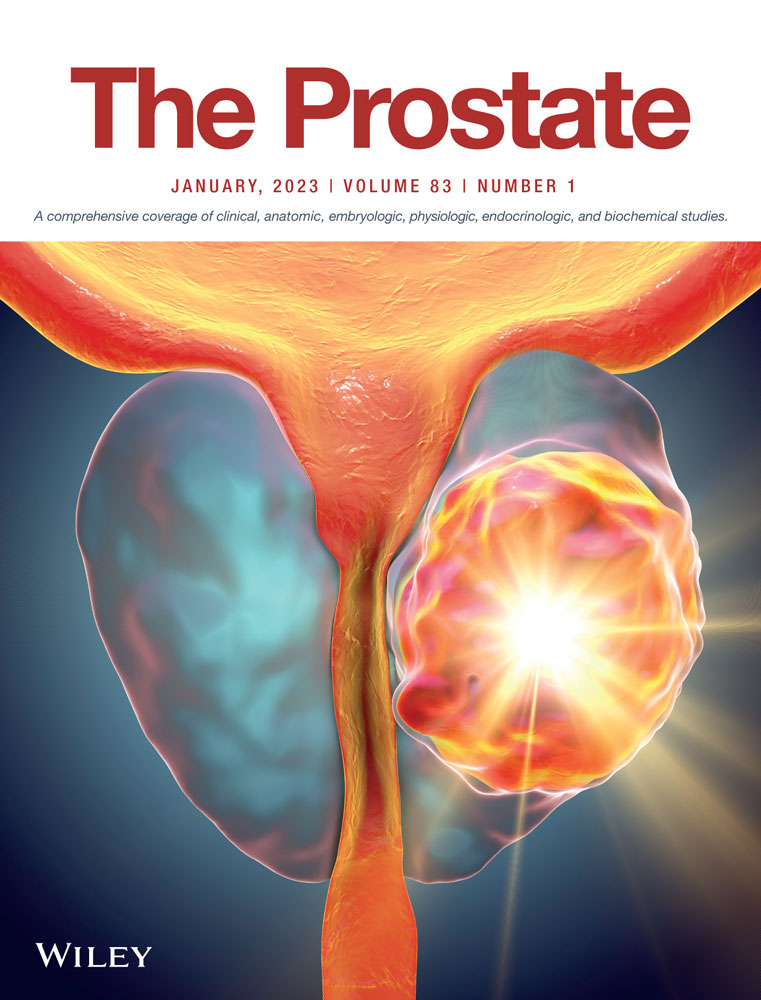Differential impact of PI3K/AKT/mTOR signaling on tumor initiation and progression in animal models of prostate cancer
Abstract
Background
The PI3K/AKT/mTOR signaling pathway is essential for initiation and progression of prostate cancer. However, there has been no a comprehensive comparison for the role of these signaling nodes in prostate tumor initiation and progression.
Methods
With genetically engineered animal models, we compared the impact of prostate-specific deletions of Pten, Tsc1, and Tsc2 and activation of Akt1 on tumor initiation and progression. Also, we assessed the expression and genetic alterations of PTEN, AKT1, TSC1, and TSC2 in human primary prostate cancers.
Results
For the genetically engineered mice, prostate conditional knockout (cKO) of Pten, Tsc1, and Tsc2 led to initiation and progression of mouse prostatic neoplasia hyperplasia (mPIN). Akt1 transgenic mice developed more aggressive mPINs than mice with Tsc1 or Tsc2 single-cKO, but the effect was more moderate than that for Pten single-cKO or Tsc1/Tsc2 double-cKO mice. Functional analyses showed that Pten single-cKO, AKT1 activation, and Tsc1/Tsc2 double-cKO induced cell proliferation more than Tsc1 or Tsc2 single-cKO, but only Pten single-cKO and AKT1 activation reduced epithelial adhesion. All cKO or AKT1 activation enhanced the phosphorylation of p-S6 (S235/236) but only Pten single-cKO and Tsc1/Tsc2 double-cKO enhanced the phosphorylation of p-AKT (S473) and p-4EBP1 (T37/46/70). In human prostate cancers, PTEN, but not AKT1, TSC1, or TSC2 had frequent genetic alterations. However, as key signaling nodes, AKT1, TSC1, and TSC2 may be responsible for PTEN loss-mediated tumor initiation and progression.
Conclusion
Our results for genetically engineered mouse models suggest a differential role of the PI3K/AKT/mTOR signaling nodes in prostate cancer initiation and progression, but the underlying molecular mechanisms remain unaddressed.
CONFLICT OF INTEREST
The authors declare no conflict of interest.
Open Research
DATA AVAILABILITY STATEMENT
The authors declare that the data supporting the findings of this study are available within the manuscript and its supplementary information files. Any remaining data that support the results of the study will be available from the corresponding author upon reasonable request.




